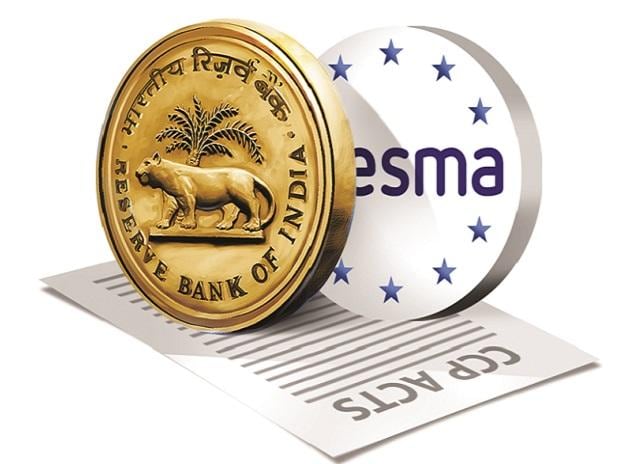[ad_1]
The proposal was discussed during a meeting between RBI deputy governor T Rabi Sankar and senior officials of the EU banks with operational branches in India. The route of using a non-bank or a primarily dealer arm was suggested by Deutsche Bank, but other European banks may not accept it, the report added.
However, if the proposal materializes, it would be seen as a strong signal on control and regulatory jurisdiction from Indian authorities in terms of key market infrastructure.
There have been some disagreements between the RBI and the European Securities and Markets Authority (ESMA) on the matter. The RBI is unwilling to accept ESMA’s demand to inspect and penalise key Indian institutions like the Clearing Corporation of India Ltd, which act as central counterparty (CCP).
The RBI says ESMA’s demands are extra-territorial.
These institutions absorb the clearing and settlement risks in transactions like government securities, repos and widely-traded derivatives like foreign exchange forwards and interest rate swaps used to hedge positions.
Quoting a senior banker, ET reported that foreign banks work as a part of their parent organisations. But a non-bank subsidiary of a European bank in India is a local company which would fall outside the regulatory purview of ESMA.
The Deutsche Bank, which mooted the idea, has such a non-bank arm in India. However, others like BNP Paribas, Societe Generale and Credit Agricole may not be interested in taking the non-banking route. In some cases, such non-banking arms may not have the required approval because of credit rating and capital issues.
[ad_2]
Source link



